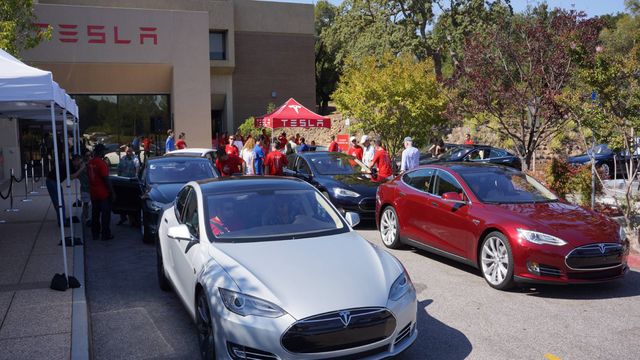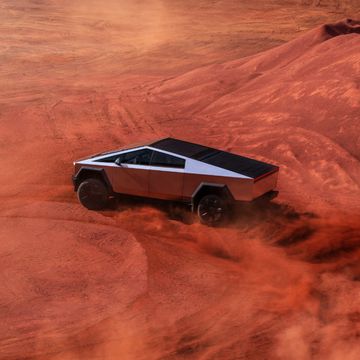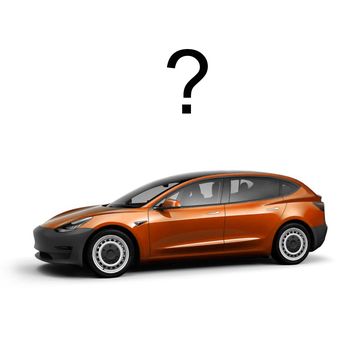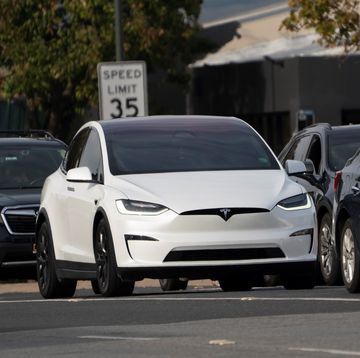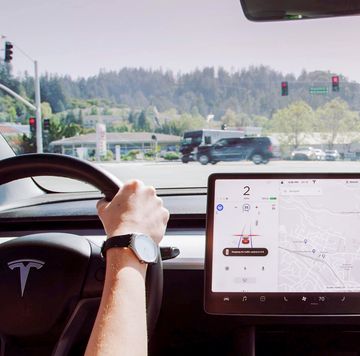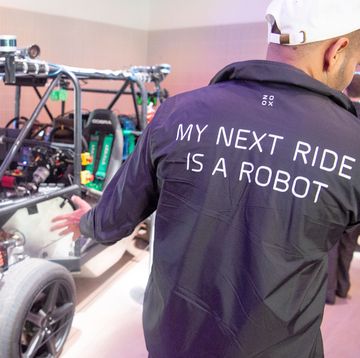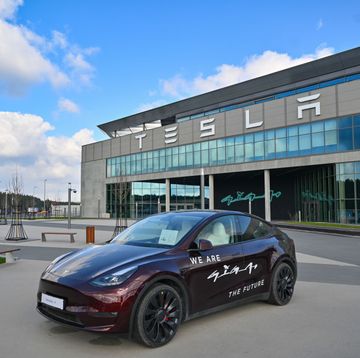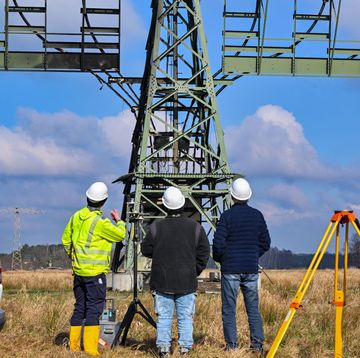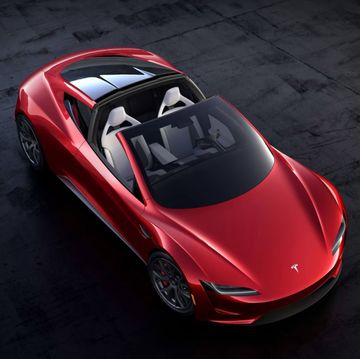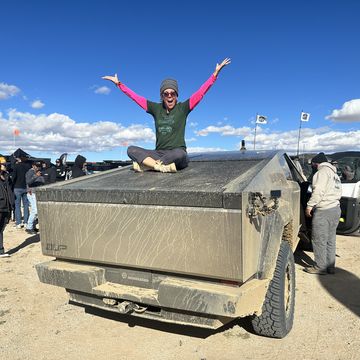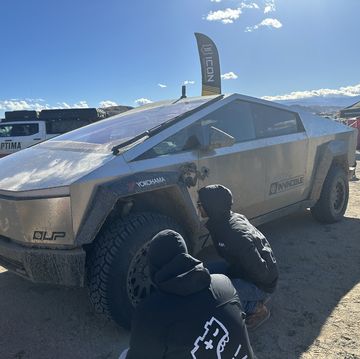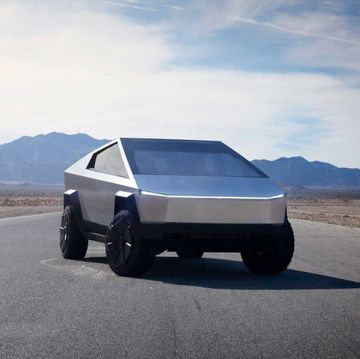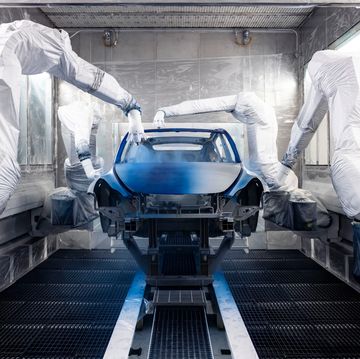Massachusetts’ highest court on Monday threw out a lawsuit seeking to block Tesla Motors Inc. from selling its luxury electric cars directly to consumers in the state, enabling it to bypass traditional dealerships.
The state’s Supreme Judicial Court unanimously concluded that the Massachusetts State Automobile Dealers Association and two dealers lacked standing to block direct Tesla sales under a state law designed to protect franchise owners from abuses by car manufacturers.
Justice Margot Botsford wrote that the law was aimed at protecting dealers from unfair practices of manufacturers and distributors “with which they are associated, generally in a franchise relationship,” rather than unaffiliated manufacturers.
The law “was intended and understood only to prohibit manufacturer-owned dealerships when, unlike Tesla, the manufacturer already had an affiliated dealer or dealers in Massachusetts,” she wrote.
“Contrary to the plaintiffs’ assertion,” she added, “the type of competitive injury they describe between unaffiliated entities is not within the statute’s area of concern.”
The trade group had accused Tesla of operating a showroom in Natick, Mass., without a license and in violation of a law prohibiting a manufacturer from owning a dealership.
Robert O’Koniewski, executive vice president of the dealers association, told Automotive News on Monday that dealers are disappointed by the court’s decision.
“We obviously thought we were in the right, otherwise we wouldn’t have appealed it,” O’Koniewski said.
O’Koniewski said dealers spent a lot of time and effort amending state franchise law in 2001 and 2002 to block factory stores in Massachusetts.
“The court says today it was not addressed properly and the requirement on standing still requires an affiliation with that manufacturer,” O’Koniewski said. “As an association, we need to sit down and reassess what we feel the statute says versus what the court says it says and come up with a gameplan.”
Legislation is one option.
“Obviously, if one is going to address the loophole, one would need the legislators to pass something and the governor to sign, but that’s way premature,” he said.
Monday’s ruling came nearly two years after a lower court initially dismissed the lawsuit in December 2012. Tesla representatives welcomed the decision.
“It’s a great decision,” Todd Maron, deputy general counsel at Tesla, said in a telephone interview.
“The statute is very similar to statutes in other states,” he said. “We have battles in New Jersey and other states with similar constructs, and we hope and expect the same interpretation would carry over to those venues.”
In March, New Jersey’s Motor Vehicle Commission effectively revoked Tesla’s license to operate two stores. The General Assembly in June passed legislation that would, if enacted into law, allow sales to resume.
Tesla also cannot conduct direct sales in Arizona, Maryland and Texas, the company said.
Last week, Nevada let Tesla make direct car sales to residents, as part of an arrangement to provide $1.3 billion of tax breaks for the company to build a giant battery factory.
In an unusual blog posting in April, three top U.S. Federal Trade Commission officials expressed opposition to laws banning direct sales, saying they could harm consumers.
Amy Wilson of Automotive News contributed to this report.
"Tesla prevails in top Mass. court over direct sales" was originally published at Automotive News on 9/16/2014.
